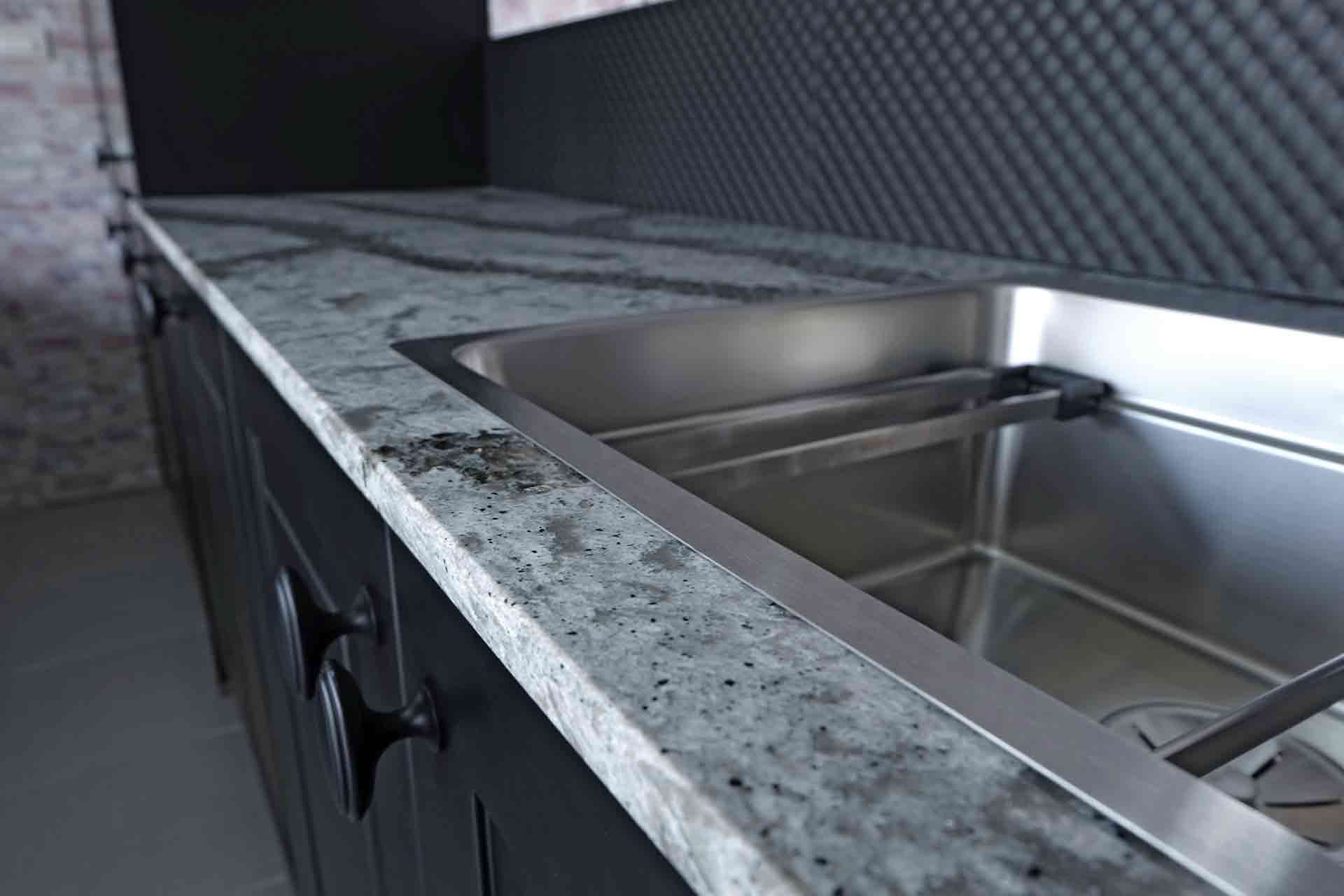

Articles
How To Get Scuff Marks Off Quartz Countertops
Modified: January 18, 2024
Learn effective methods and tips to remove scuff marks from quartz countertops in this informative articles. Say goodbye to unsightly marks with our expert guidance.
(Many of the links in this article redirect to a specific reviewed product. Your purchase of these products through affiliate links helps to generate commission for Storables.com, at no extra cost. Learn more)
Introduction
Quartz countertops have become increasingly popular in modern kitchens due to their durability and aesthetic appeal. Whether you have just installed new quartz countertops or have had them for a while, you may encounter the frustrating issue of scuff marks. Scuff marks can detract from the beauty of your countertops and make them appear dirty and worn. Fortunately, there are effective methods for removing scuff marks and restoring the pristine look of your quartz countertops.
Understanding the composition of quartz countertops is important in the process of removing scuff marks. Quartz countertops are not entirely made of natural stone; they are engineered by combining crushed quartz with resin and other materials. This process results in a non-porous and highly durable surface that is resistant to stains and scratches. However, despite their resilience, quartz countertops are not completely impervious to scuff marks.
Scuff marks on quartz countertops can be caused by a variety of factors, such as dragging heavy objects across the surface, using abrasive cleaning tools, or rough handling. These marks are typically superficial and do not penetrate the surface of the quartz. However, if left untreated, they can accumulate and become more noticeable over time.
Before diving into the process of removing scuff marks, it is crucial to properly prepare the surface. Start by clearing the countertop of any loose debris or particles. Use a soft, non-abrasive cloth and a mild detergent or quartz cleaner to wipe down the entire surface. This will ensure that you have a clean and smooth canvas to work with during the removal process.
Key Takeaways:
- Understanding the composition of quartz countertops and identifying scuff marks are crucial for effective removal. Gentle cleaning methods like baking soda paste and white vinegar solution can successfully eliminate mild scuff marks.
- Prevention is key in avoiding future scuff marks on quartz countertops. Using cutting boards, trivets, and dish racks, along with prompt cleaning of spills, can help maintain the pristine appearance of your countertops.
Read more: How To Clean Rust Off Quartz Countertops
Understanding Quartz Countertops
Quartz countertops have gained popularity in recent years due to their exceptional durability and aesthetic versatility. Unlike natural stone countertops, such as granite or marble, which are cut from large slabs, quartz countertops are engineered using a combination of crushed quartz minerals and resin binders.
The primary component of quartz countertops is, as the name suggests, quartz. Quartz is one of the most abundant minerals on Earth and is known for its hardness. By combining crushed quartz with resin binders, manufacturers create a material that offers the best of both worlds: the natural beauty and durability of quartz, along with enhanced characteristics that make it suitable for countertop applications.
The manufacturing process involves mixing the crushed quartz with pigments, polymers, and other materials to create a uniform mixture. This mixture is then poured into molds of various sizes and shapes to create slabs or custom countertops. Once the mixture is poured, it is compacted and cured under high heat and pressure to ensure the proper bond between the quartz particles and resin binders.
One of the main advantages of quartz countertops is their non-porous nature. Unlike natural stone countertops, which can absorb liquids and stains, quartz countertops are highly resistant to liquids and do not require sealing. This makes them more hygienic and easier to maintain, as spills and stains can be easily wiped away without the risk of permanent discoloration or damage.
In terms of aesthetics, quartz countertops offer a wide range of colors, patterns, and finishes to suit various design preferences. Whether you prefer a subtle and uniform look or a bold and veined appearance that mimics natural stone, there is a quartz countertop option available to meet your needs.
Furthermore, quartz countertops are incredibly durable and can withstand daily wear and tear. They are resistant to scratches, chips, and cracks, making them an ideal choice for high-traffic areas such as kitchens and bathrooms. However, it is important to note that while quartz countertops are highly durable, they are not indestructible. Care should be taken to avoid excessive force or impacts that could potentially cause damage.
Identifying Scuff Marks on Quartz Countertops
Scuff marks on quartz countertops can be frustrating, as they can mar the otherwise flawless appearance of the surface. Fortunately, identifying scuff marks on quartz countertops is relatively easy, allowing you to target and address the specific areas that require cleaning and restoration.
Scuff marks on quartz countertops typically appear as light-colored streaks or spots on the surface. They are caused by the friction and abrasion of objects rubbing against the countertop. Common culprits for scuff marks include kitchen utensils, metal pans, abrasive cleaning tools, and even shoes or sandals. These marks can be particularly noticeable on darker-colored quartz countertops, but they can affect light-colored surfaces as well.
To identify scuff marks on your quartz countertops, start by inspecting the surface under proper lighting conditions. Natural or bright indoor lighting is ideal for detecting scuff marks. Examine the countertop from different angles and distances to ensure thorough visibility of any potential marks.
If you notice any light-colored streaks or spots that appear to be slightly dull or rough to the touch, chances are you have identified scuff marks. It is essential to distinguish scuff marks from other types of stains or damage that may require different cleaning methods. Scuff marks are typically superficial and do not penetrate the surface of the quartz, making them easier to remove compared to deeper stains or scratches.
It is important to note that not all marks on your quartz countertops may be scuff marks. In some cases, residue from cleaning products, greasy fingerprints, or other substances may create similar appearances. Therefore, it is recommended to perform a simple test before proceeding with any cleaning methods discussed in the following sections. Apply a few drops of water or a mild detergent to the suspected scuff mark and gently rub the area with a soft cloth or sponge. If the mark starts to fade or disappear, it is likely a scuff mark that can be effectively treated using the appropriate methods.
Preparing the Surface for Cleaning
Before diving into the process of removing scuff marks from your quartz countertops, it is crucial to prepare the surface adequately. Preparing the surface ensures that you have a clean and smooth canvas to work with, maximizing the effectiveness of your cleaning efforts.
Start by clearing the countertop of any loose debris or particles. Use a soft, non-abrasive cloth or microfiber cloth to wipe down the entire surface, removing any crumbs, dust, or other small particles. Pay attention to the edges and corners, as these areas often collect more debris. For stubborn debris or sticky residue, you can use a plastic scraper or a credit card to gently scrape off the residue without scratching the countertop.
Once the surface is free of debris, it is time to clean the countertop using a mild detergent or a quartz cleaner. Avoid using harsh chemicals or abrasive cleaners, as these can damage the quartz surface. Follow the manufacturer’s instructions on the cleaning product for the appropriate amount and dilution ratio.
Dampen a soft cloth or sponge with the cleaning solution and gently wipe down the entire surface, including the edges and corners. Pay special attention to the areas with scuff marks, as the cleaning solution will help loosen any dirt or grime that may be attached to the surface. Rinse the cloth or sponge with clean water and go over the surface again to remove any residue from the cleaning solution.
After cleaning, it is essential to dry the countertop thoroughly to prevent water spots or streaks. Use a clean, dry cloth or towel to buff the surface until it is completely dry. Ensure that no moisture remains on the countertop before moving on to the next step.
By properly preparing the surface of your quartz countertops, you create an optimal environment for removing scuff marks. The clean and smooth surface allows for better penetration and adhesion of the cleaning agents, improving the overall effectiveness of the scuff mark removal process.
Use a non-abrasive cleaner and a soft cloth to gently scrub the scuff marks off the quartz countertops. Avoid using harsh chemicals or abrasive sponges to prevent damage.
Gentle Cleaning Methods
When it comes to removing scuff marks from quartz countertops, it is best to start with gentle cleaning methods to avoid any potential damage to the surface. The following methods are effective in treating mild scuff marks without compromising the integrity of the quartz.
1. Baking Soda Paste: Create a paste by mixing baking soda with water until it forms a thick consistency. Apply the paste to the scuff mark and gently rub it in using a soft cloth or sponge. Rinse the area with clean water and dry thoroughly. Baking soda is a mild abrasive that can help lift and remove scuff marks without scratching the quartz surface.
2. White Vinegar Solution: Mix equal parts of white vinegar and water in a spray bottle. Spray the solution onto the scuff mark and let it sit for a few minutes to loosen the dirt. Wipe the area with a soft cloth or sponge, then rinse with clean water and dry thoroughly. White vinegar is a natural cleaning agent that can break down grime and scuff marks effectively.
3. Magic Eraser: Magic erasers are a versatile tool when it comes to cleaning scuff marks on various surfaces, including quartz countertops. Wet the magic eraser with water and gently rub it on the scuff mark, applying light pressure. Be cautious not to scrub too hard to avoid damaging the countertop. Rinse with clean water and dry thoroughly.
4. Dish Soap and Warm Water: Create a mixture of mild dish soap and warm water. Dip a soft cloth or sponge into the soapy solution and gently scrub the scuff mark. Rinse with clean water and dry thoroughly. Dish soap is gentle enough to use on quartz countertops and can help remove light scuff marks.
5. Non-Scratch Scouring Pad: If the scuff mark persists, you can use a non-scratch scouring pad along with mild dish soap or a cleaning solution specifically formulated for quartz. Wet the scouring pad and apply a small amount of soap or cleaner. Gently scrub the scuff mark in a circular motion, being careful not to apply too much pressure. Rinse with clean water and dry thoroughly.
Remember, always test any cleaning method in a small, inconspicuous area of the countertop before applying it to the scuff mark. This will help ensure that the cleaning agent does not cause any discoloration, damage, or adverse effects on the quartz surface. Additionally, avoid using abrasive cleaners, bleach, or harsh chemicals, as these can cause irreversible damage to your quartz countertops.
With these gentle cleaning methods, you can effectively treat mild scuff marks on your quartz countertops and restore their original luster and beauty. However, for more stubborn scuff marks, additional steps may be required, which we will explore in the next section.
Read more: How To Remove Scuff Marks From Floor
Removing Stubborn Scuff Marks
While gentle cleaning methods can effectively remove mild scuff marks from quartz countertops, more stubborn scuff marks may require additional measures. If the gentle cleaning methods did not completely eliminate the scuff marks, you can try the following techniques:
1. Rubbing Alcohol: Dampen a soft cloth or sponge with rubbing alcohol and gently rub the scuff mark. The alcohol helps dissolve and lift the scuff mark from the surface. Rinse with clean water and dry thoroughly after removing the mark.
2. Acetone: Acetone can be used as a last resort for stubborn scuff marks. Apply a small amount of acetone to a soft cloth or sponge and gently rub the mark. Acetone is a strong solvent, so use caution and ensure proper ventilation. Rinse the area thoroughly with clean water and dry it completely afterward.
3. Quartz Cleaning Products: Consider using a specialized quartz cleaning product that is formulated to remove scuff marks and stubborn stains from quartz countertops. Follow the instructions provided by the manufacturer for the best results. These products are designed to be safe for quartz surfaces and are specifically formulated to tackle tough stains and marks.
When using any of these methods, it is important to test the cleaning agent in a small, inconspicuous area before applying it to the scuff mark. This will ensure that the cleaning agent does not cause any discoloration or damage to your quartz countertops.
If the scuff mark persists even after trying these methods, it may be beneficial to seek professional assistance from a quartz countertop specialist or a professional cleaning service. They have the expertise and specialized tools necessary to restore the appearance of your countertops without causing any harm.
Remember, prevention is always the best approach. Taking care of your quartz countertops and avoiding unnecessary friction or abrasion will minimize the occurrence of scuff marks. By using cutting boards, trivets, and other protective measures, you can keep your countertops looking pristine and scuff-free for years to come.
Preventing Future Scuff Marks
After spending time and effort to remove scuff marks from your quartz countertops, it’s important to take preventive measures to avoid future marks and keep your countertops looking their best. Here are some tips to help prevent scuff marks:
1. Use Cutting Boards and Trivets: To protect your countertops from scratches and scuffs, always use cutting boards when preparing food and trivets when placing hot pots, pans, or dishes on the surface. This helps minimize direct contact between sharp objects and hot items with the quartz countertop.
2. Avoid Dragging Heavy Objects: When moving heavy appliances or objects across your countertops, be extra cautious to lift them instead of dragging them. Dragging heavy objects can cause deep scratches and scuff marks on the surface.
3. Use Dish Racks and Mats: Placing a dish rack or mat near the sink can help prevent scuff marks caused by heavy dishes or utensils. The rack or mat acts as a cushion, reducing the friction between the countertop and the items being placed or stacked on it.
4. Clean Spills and Stains Promptly: Accidents happen, but it’s important to clean up spills and stains as soon as possible to prevent them from setting into the surface. Use a mild detergent or a quartz cleaner and a soft cloth or sponge to gently remove any spills or stains that may occur. Prompt cleaning helps to maintain the pristine appearance of your countertops.
5. Avoid Using Abrasive Cleaners or Tools: Harsh chemicals and abrasive cleaning tools can cause damage to the quartz surface and lead to scuff marks. Stick to non-abrasive, non-acidic cleaners specifically formulated for quartz countertops. Use soft cloths or sponges for cleaning rather than abrasive scrub brushes or scouring pads.
6. Regular Maintenance: Regularly clean and maintain your quartz countertops to keep them in optimal condition. Wipe down the surface daily with a soft cloth and a mild detergent or quartz cleaner. This helps prevent the buildup of dirt, grime, and potential scuff marks.
By following these preventive measures, you can help prolong the beauty and longevity of your quartz countertops and minimize the occurrence of scuff marks. It’s important to remember that even with preventive steps, occasional scuff marks may still occur. In such cases, refer to the gentle cleaning methods outlined earlier to effectively address the scuff marks and restore the pristine appearance of your countertops.
Conclusion
Quartz countertops are a beautiful and durable choice for modern kitchens, but they are not immune to scuff marks. Luckily, with the right techniques and preventive measures, you can effectively remove scuff marks and maintain the pristine appearance of your countertops.
Understanding the composition of quartz countertops and identifying scuff marks are essential first steps. By preparing the surface properly and using gentle cleaning methods, such as baking soda paste or white vinegar solution, you can successfully remove mild scuff marks. For stubborn marks, rubbing alcohol, acetone, or specialized quartz cleaning products can be used with caution.
Prevention is key in avoiding future scuff marks. Using cutting boards, trivets, and dish racks or mats, and avoiding dragging heavy objects can help protect your countertops. Cleaning spills and stains promptly and avoiding abrasive cleaners or tools are also important preventive measures to maintain the appearance of your countertops.
In conclusion, by learning how to identify, remove, and prevent scuff marks on quartz countertops, you can keep your kitchen looking stylish and well-maintained. Implementing these techniques and taking proper care of your countertops will ensure that they remain a stunning focal point of your home for years to come.
Frequently Asked Questions about How To Get Scuff Marks Off Quartz Countertops
Was this page helpful?
At Storables.com, we guarantee accurate and reliable information. Our content, validated by Expert Board Contributors, is crafted following stringent Editorial Policies. We're committed to providing you with well-researched, expert-backed insights for all your informational needs.

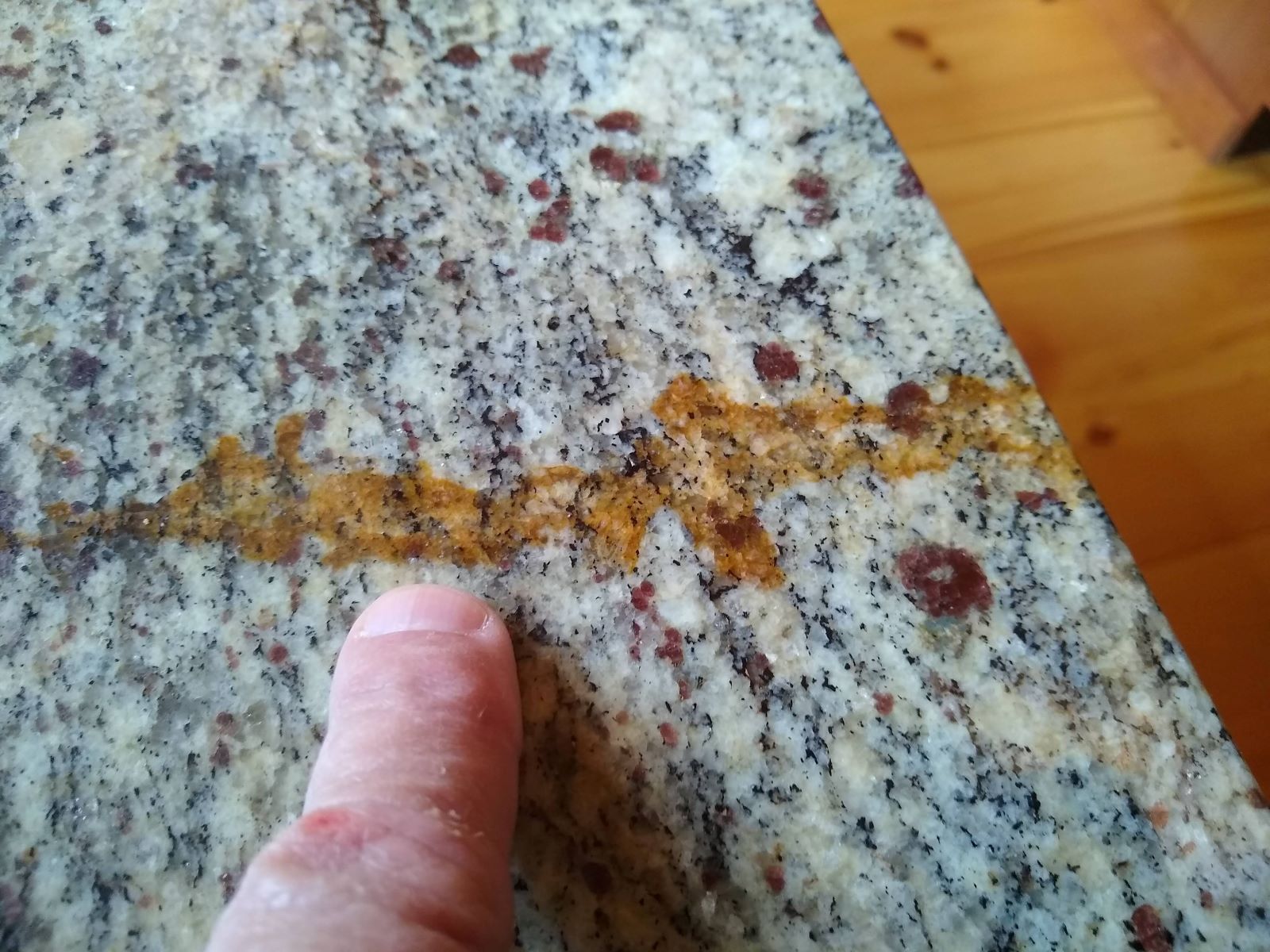
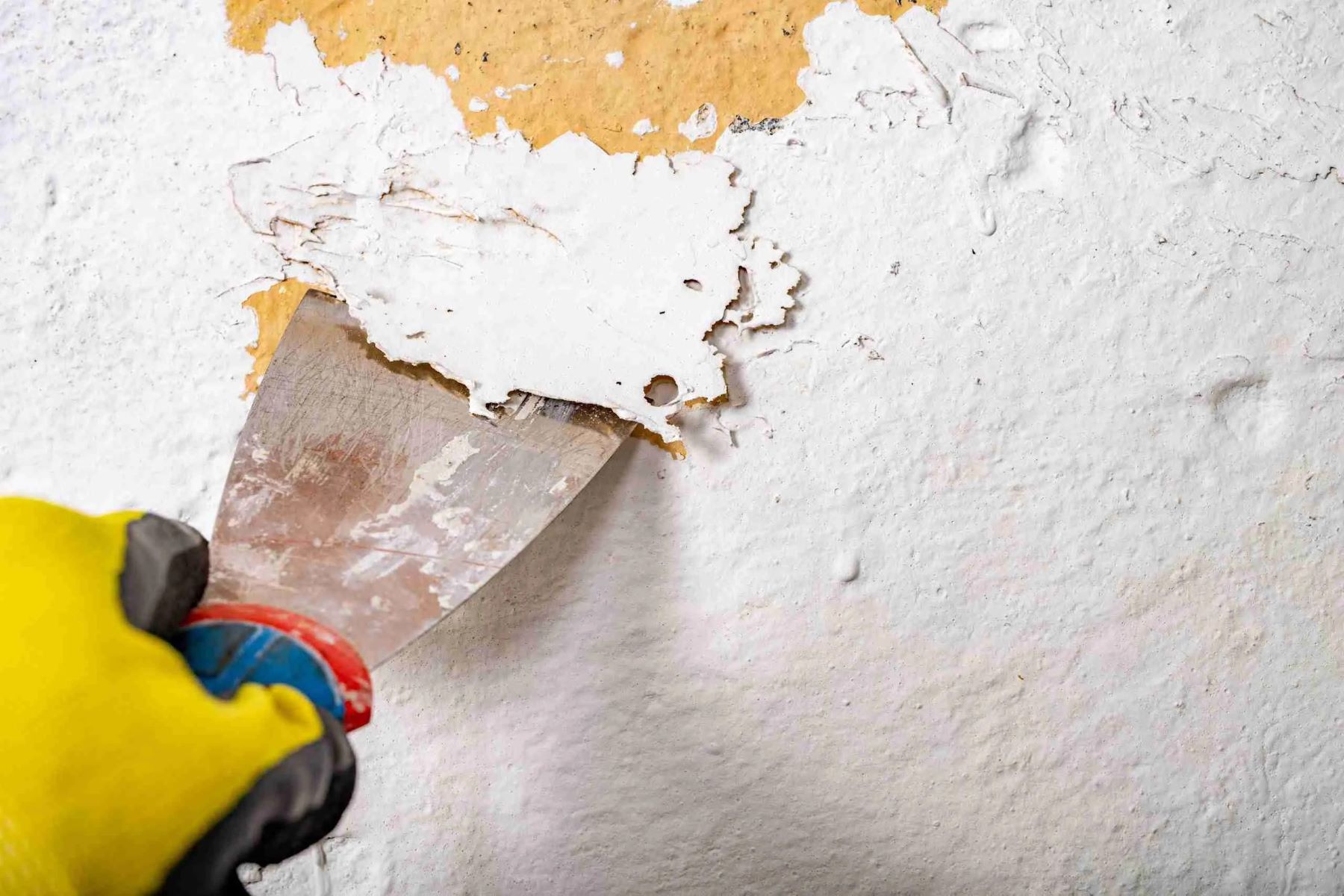

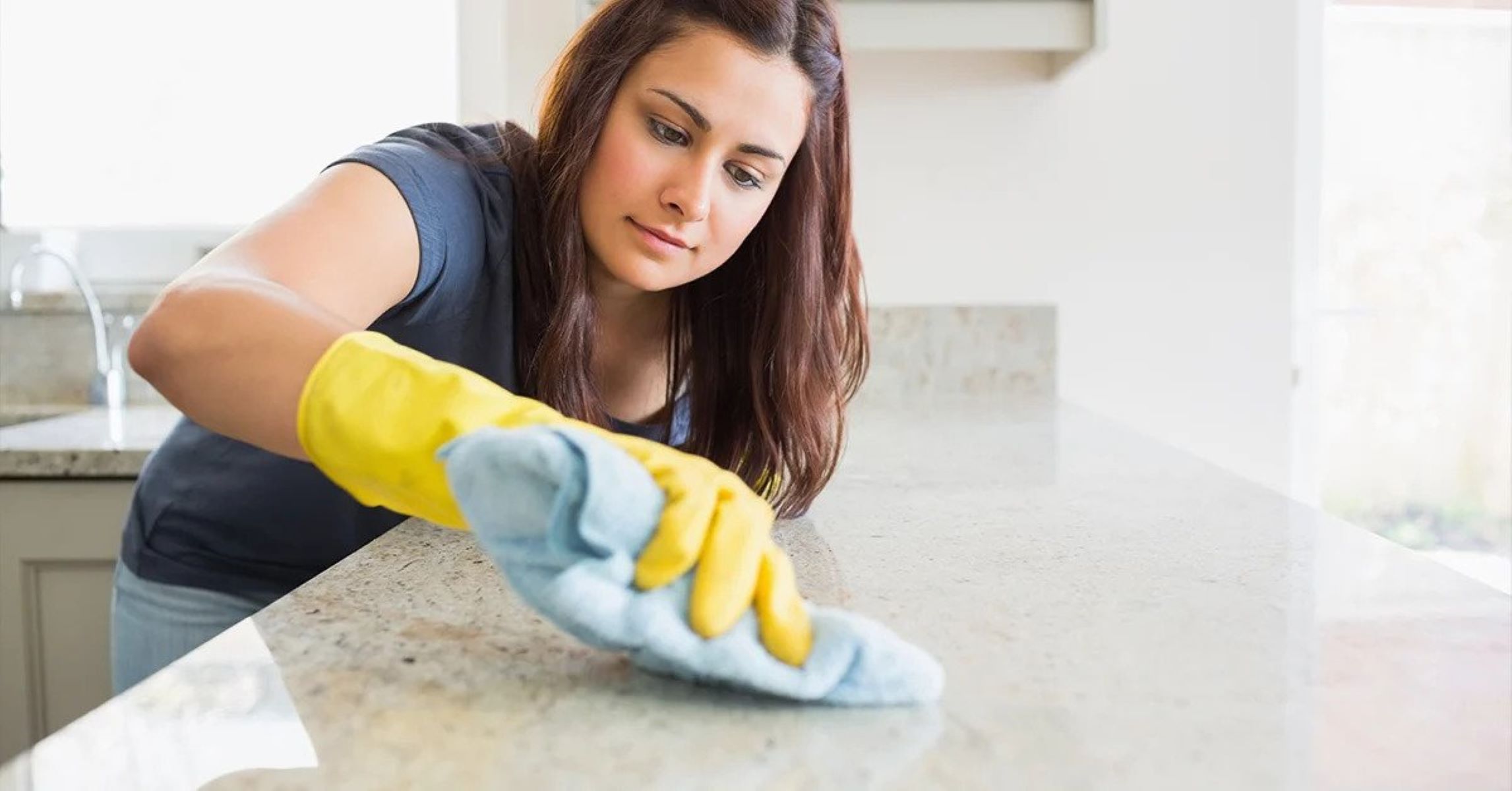
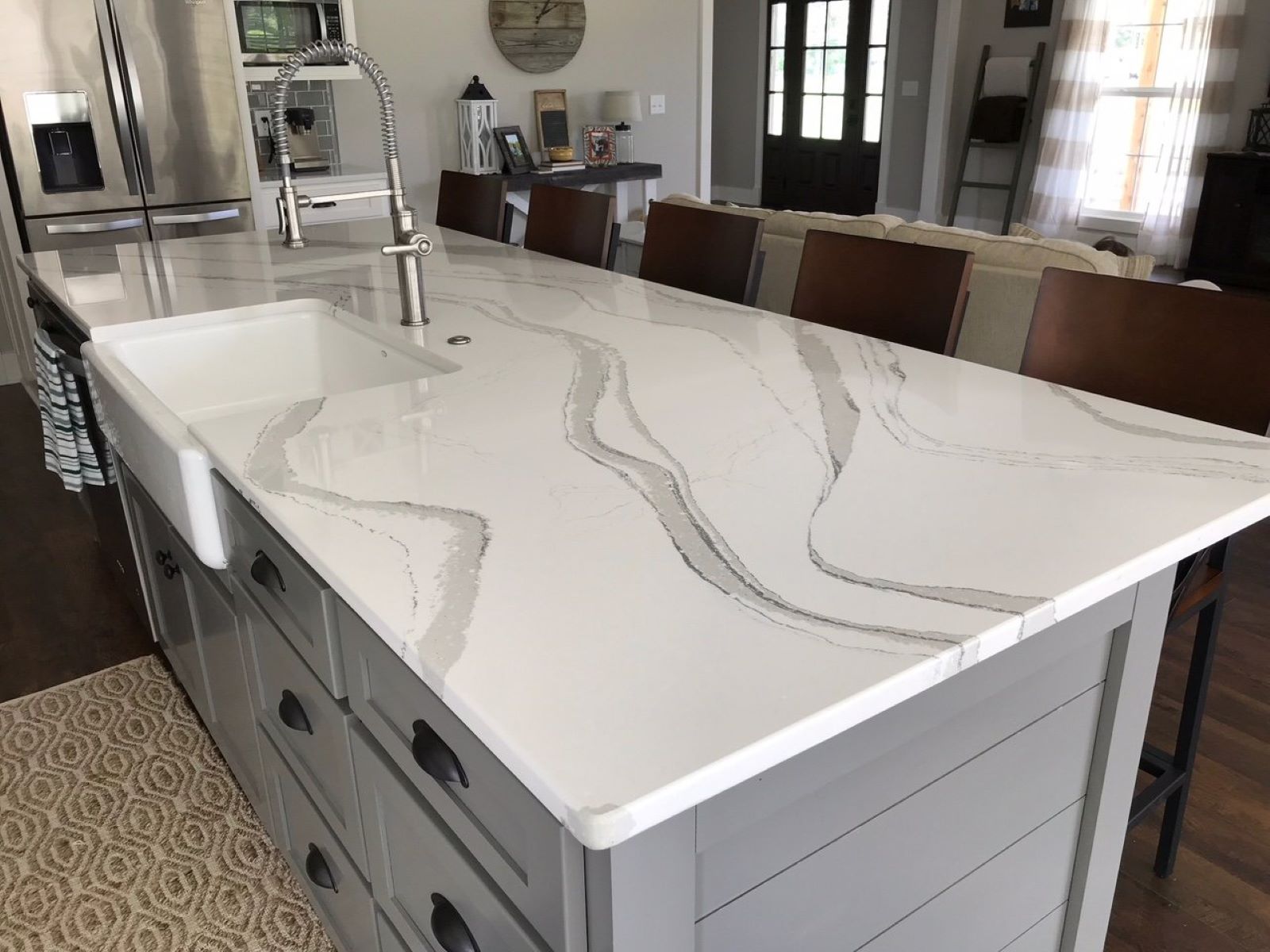
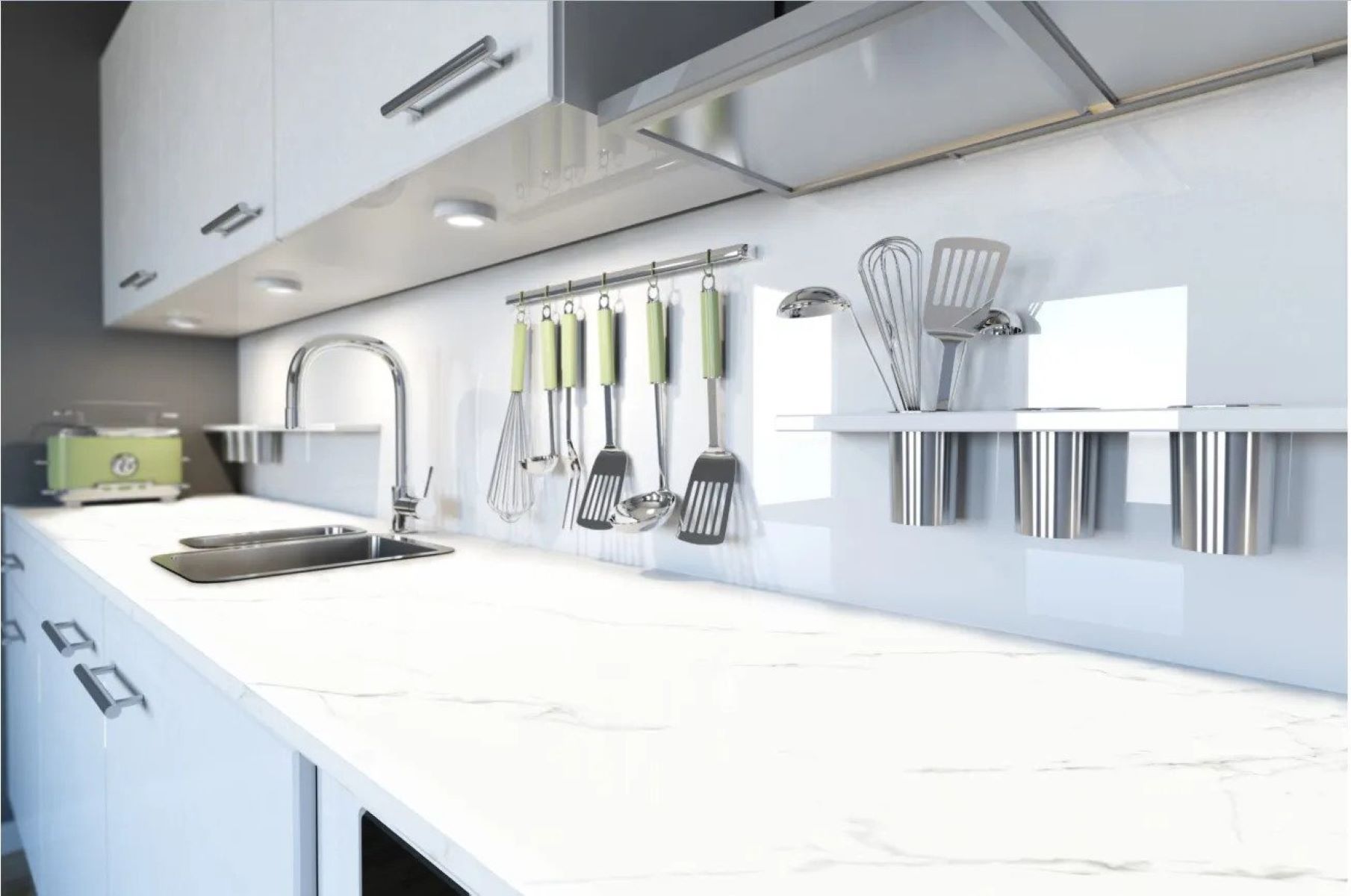



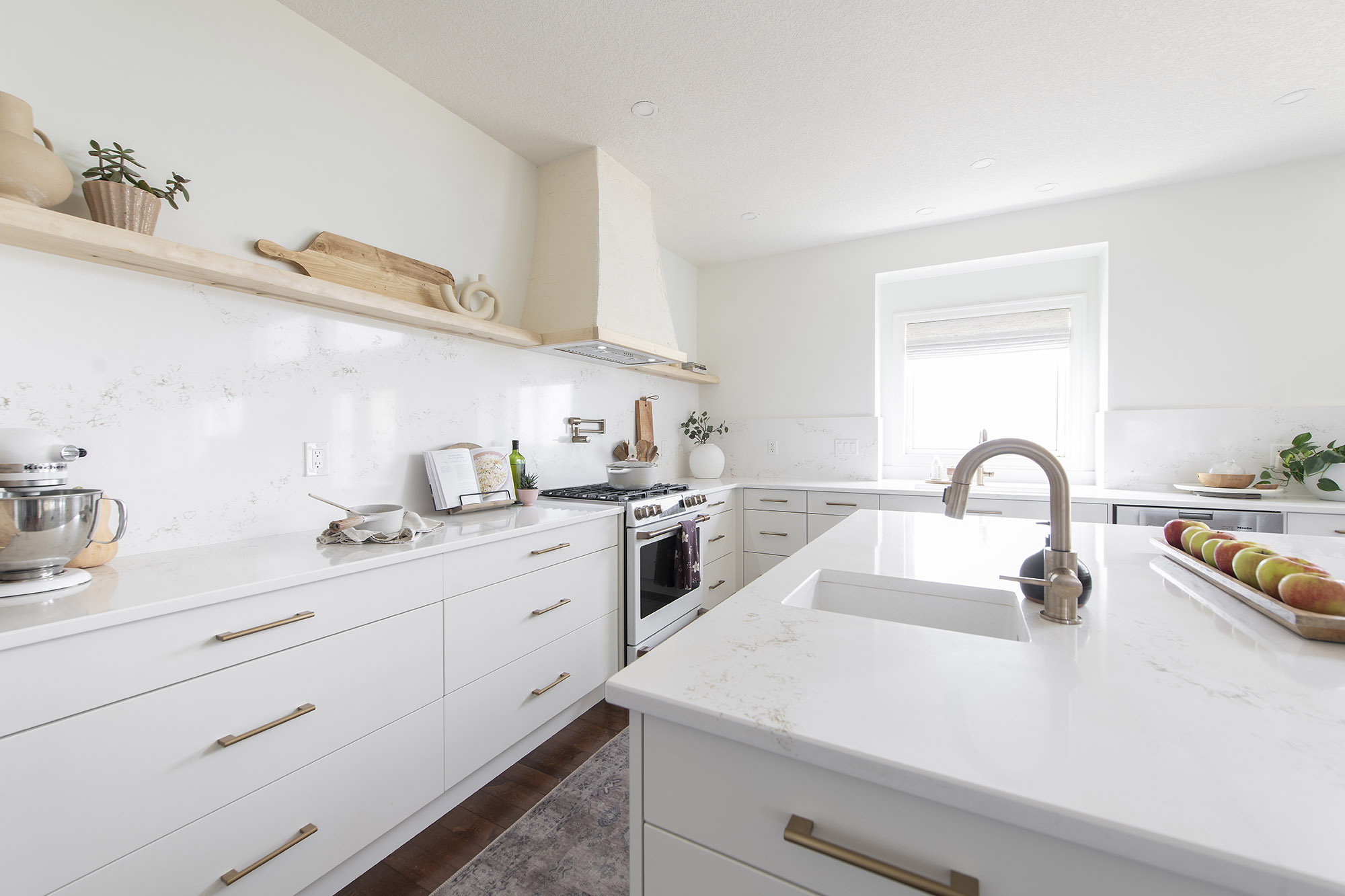
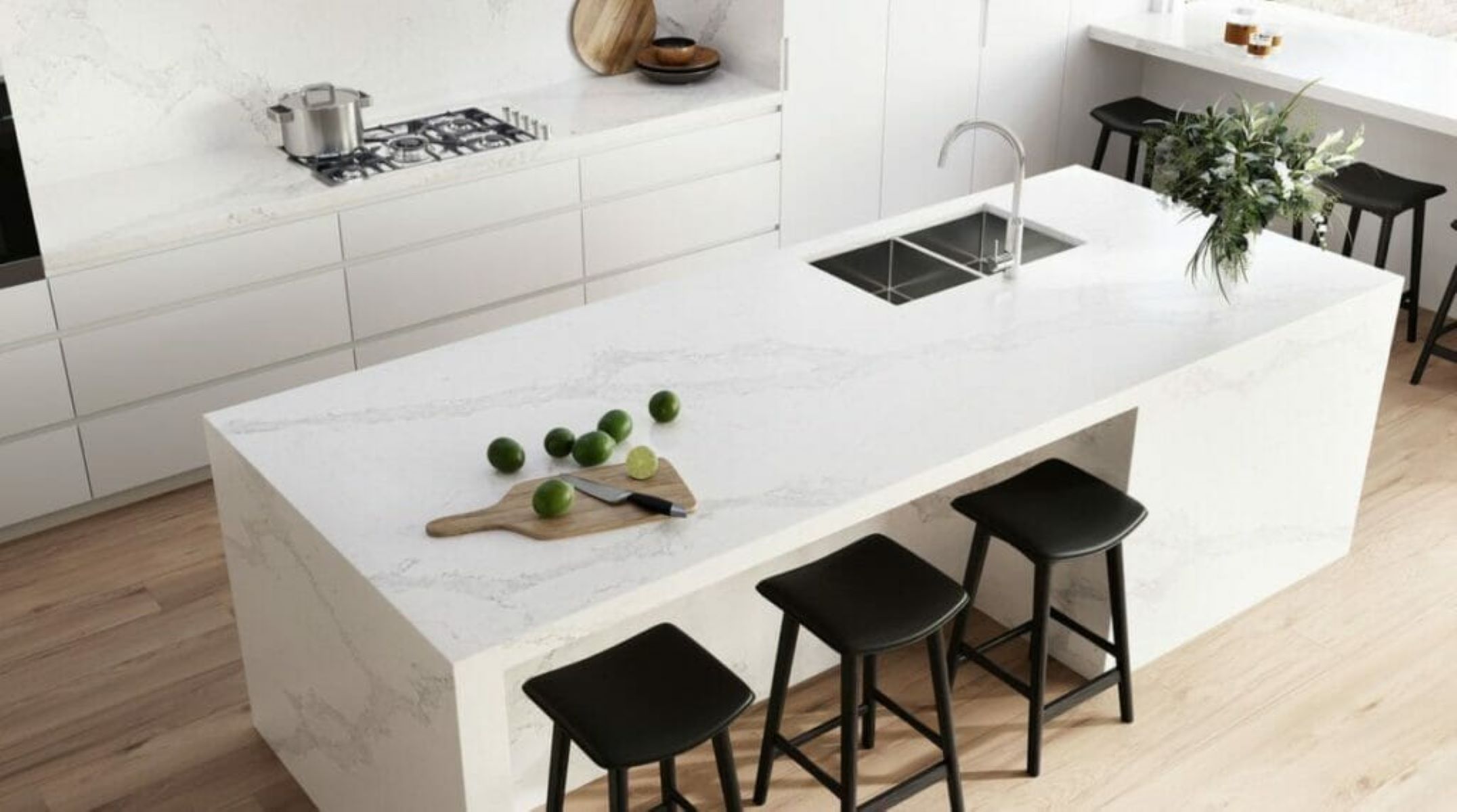
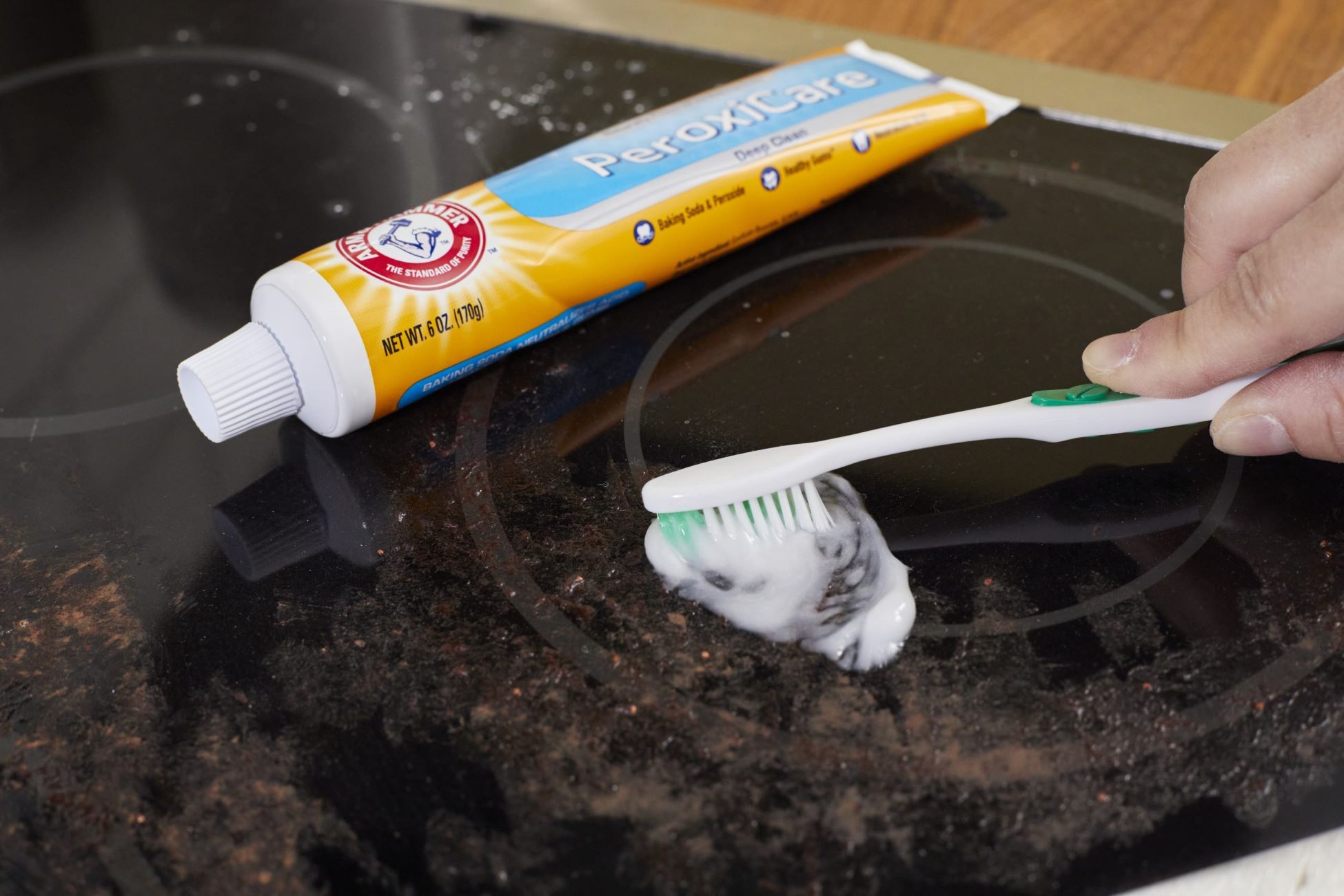
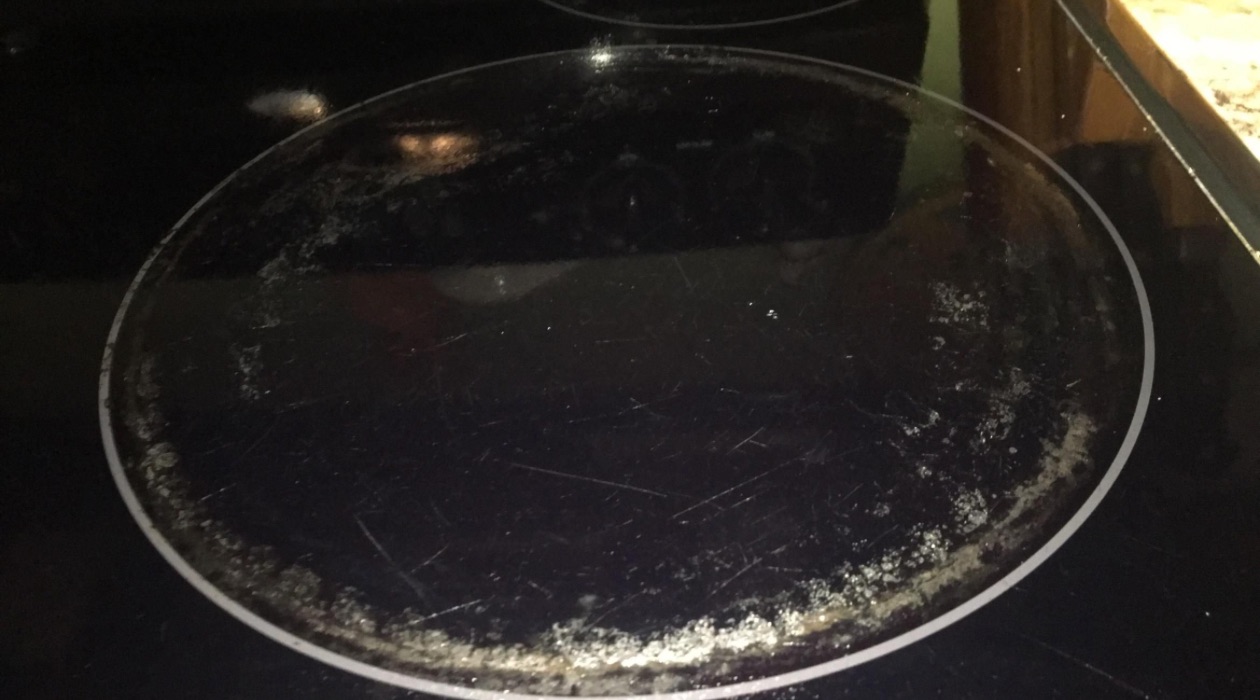

0 thoughts on “How To Get Scuff Marks Off Quartz Countertops”